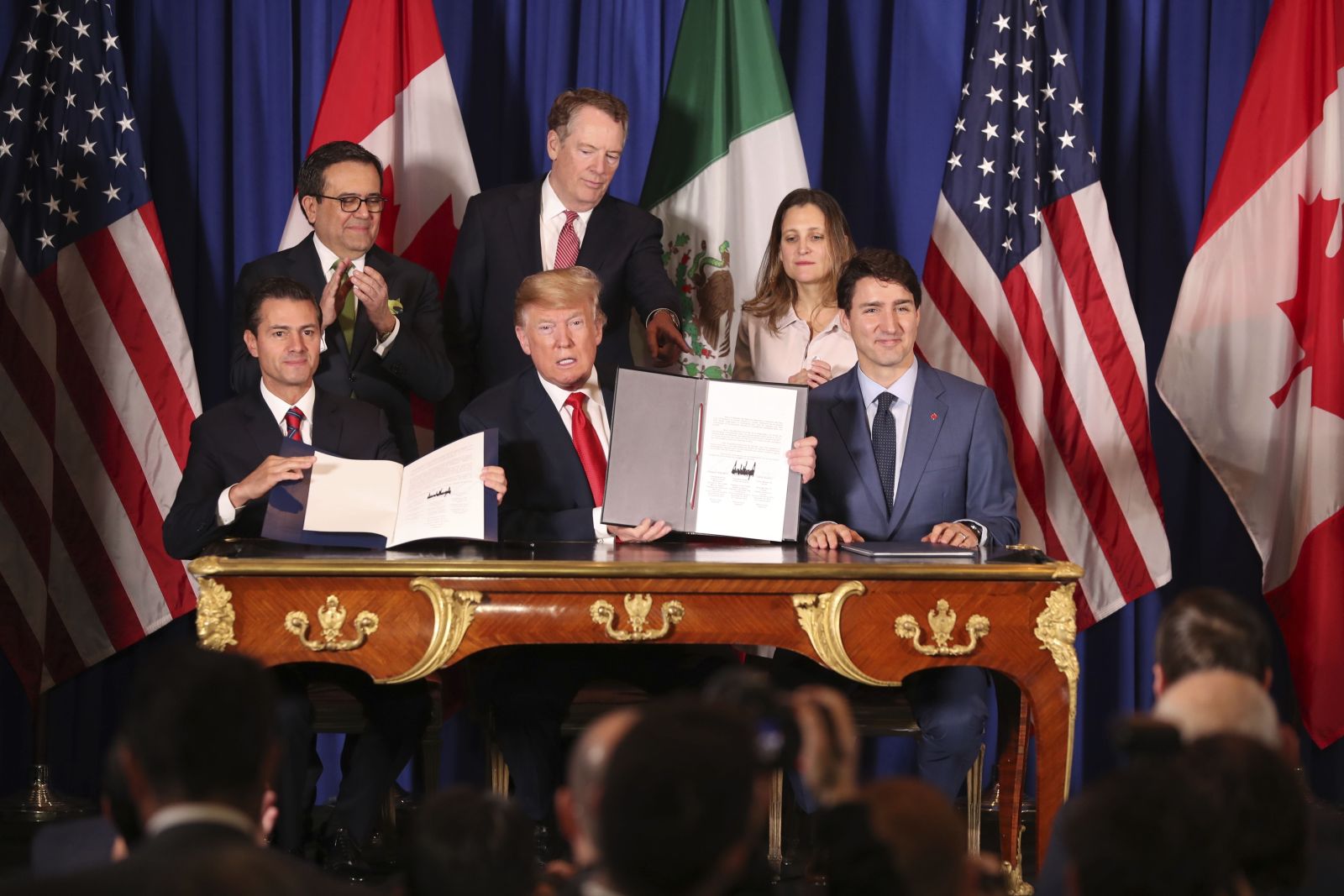Iwan J. Azis
All articles of Iwan J. Azis
At D+C/E+Z, we are proud of our international network of authors. It is particularly important to us to be a platform for voices from the global south. Some authors contribute on a regular basis, others don't. Here you can find information about the people behind the contributions.
All authors










